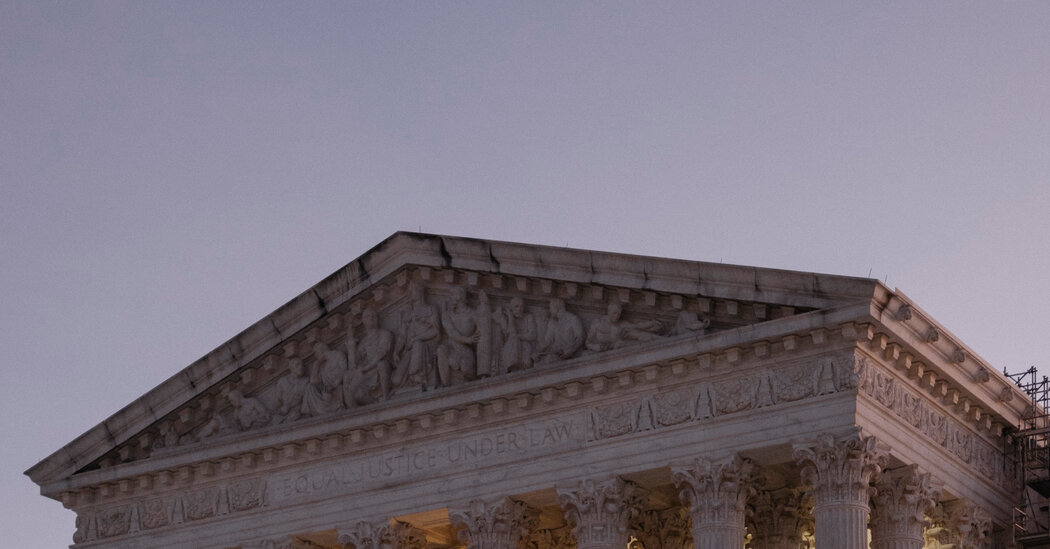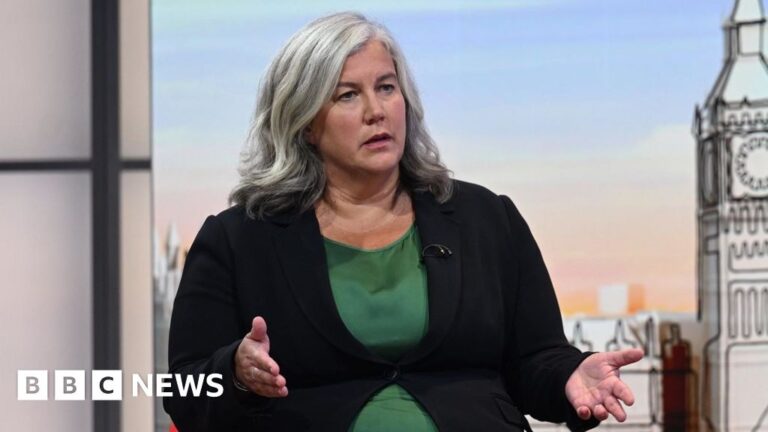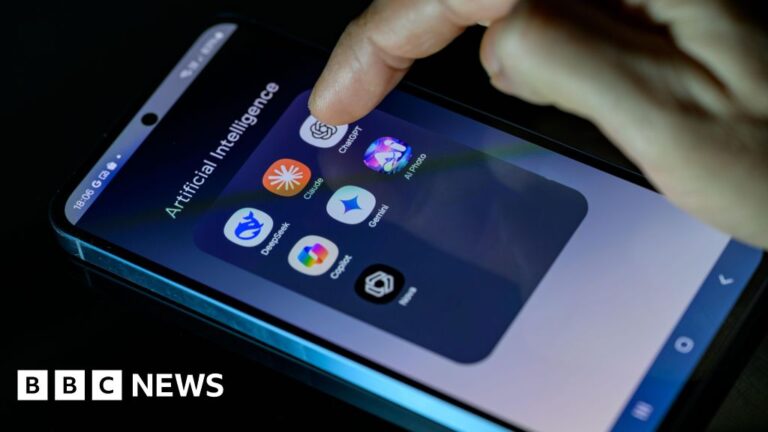Here is the text without any HTML or formatting:
In mid-2023, TikTok had just eluded an effort in Congress to ban the video app, the latest Houdini-like escape for the young tech company. For several years, during both Republican and Democratic administrations, lawmakers and officials had trained their sights on the app, saying its Chinese ownership posed a national security risk.
Inside TikTok, a small group of employees started formulating a plan to ensure that the regulatory threat would never reappear, three people with knowledge of the project said. The employees pitched a campaign of TV commercials, messages to users and other public advocacy to turn Washington’s attention elsewhere. They called it Project Achilles.
But TikTok’s leaders lost interest by the end of the year. Several, including Shou Chew, its chief executive, seemed to think the threat of a ban was no longer imminent, the people said. Project Achilles never became reality.
The misreading of the political winds could not have been greater.
Just a few months later, Congress overwhelmingly passed and President Biden signed a law that would ban TikTok unless the app’s owner, ByteDance, sold it to a non-Chinese company. On Friday, the Supreme Court upheld the law. TikTok is set to be removed from app stores on Sunday, when the law goes into effect.
The ban will end a remarkable eight-year roller-coaster ride for TikTok in the United States. The company wriggled its way out of political danger time and again. The threats to its very existence came so often, from so many directions, dealing with them became almost second nature for executives — perhaps to the point of complacency.
All the while, TikTok reached new heights of popularity and public influence. It boasts 170 million monthly U.S. users, giving the company confidence that those masses could help beat back whatever regulators aimed its way. Behind the scenes, TikTok conducted secretive negotiations with government officials and advertising blitzes aimed at rescuing it.
But in the end, the company ran into a well-organized and focused effort among Washington officials that it could not stop. Its biggest gamble yet was that it could overturn the law and avoid a sale altogether — a bet that failed.
Many social media companies have skyrocketed in popularity only to fade away nearly as fast, and others, like Facebook and X, have faced tough scrutiny in Washington. But none have been effectively forced to erase their presence in the country. Only TikTok will have that distinction.
TikTok is already appealing directly to President-elect Donald J. Trump, who has vowed to save the app, somehow. Mr. Chew posted a direct appeal to Mr. Trump on TikTok after the Supreme Court decision, thanking him “for his commitment to work with us to find a solution that keeps TikTok available in the United States.” TikTok declined to comment on Project Achilles.
TikTok users are grieving, often couching their dismay in dark humor. Few seem to believe the app will go dark on Sunday.
Before it was TikTok, it was Musical.ly, a Chinese lip-syncing app popular with teenagers and tweens.
Musical.ly’s two founders had nearly run out of venture funding for an education app when they decided to pivot to D.I.Y. music videos in 2014. The app let users film over 15-second clips of popular songs, often accompanied by a distinct brand of hand choreography.
As Musical.ly grew, ByteDance took notice. It paid around $1 billion for Musical.ly in 2017 and ultimately folded its technology and users into an app that ByteDance had launched internationally only a few months earlier: TikTok. By 2018, TikTok was roaring into the rankings of the most downloaded apps in the United States.
During the Covid-19 pandemic, TikTok became a mainstay in Americans’ lives. The app, with its endless stream of short-form entertainment, was perfectly positioned for a period when many people had more free time than ever. Or, as the musician Curtis Roach put it in the video that would make him one of the pandemic’s earliest breakout stars, a time when many people were “bored in the house.”
TikTok seemingly left no corner of culture untouched.
Emma Straub, an author and owner of the independent Books Are Magic bookstores, recalled seeing backlist titles like Madeline Miller’s “The Song of Achilles” suddenly in high demand after BookTok made them popular again. In the culinary world, TikTok sent feta cheese and, later, cucumbers flying off the shelves as home cooks clamored to recreate viral recipes.
By December 2023, more than 150 million people were using TikTok in the United States.
With both the congressional effort and Montana’s ban behind them, some of TikTok’s top leaders seemed to believe the worst of the threats had passed.
Mr. Chew agreed to a rare profile in Vogue Singapore. Michael Beckerman, TikTok’s head of policy for the Americas, and Zenia Mucha, who oversees TikTok’s marketing and communications, were among executives who flew to Singapore, where Mr. Chew was based, and downplayed the near-term risk of a ban to company leaders, two people familiar with the trip said. After all, President Biden had just joined the app around the 2024 Super Bowl.
Ms. Mucha reflected that the company needed to “lower the temperature” and keep TikTok out of the news, according to four employees who heard her use the phrase when dismissing efforts, like Project Achilles, to prepare for a ban.
What ByteDance and TikTok didn’t realize — despite their well-paid policy staff and millions in lobbying expenditures — was that a small bipartisan group of lawmakers was secretly working on drafting a new law designed to withstand every legal challenge that TikTok had raised in the past. It was formally introduced last March.
TikTok was blindsided. It scrambled to respond, flying creators to Washington and sending pop-up messages to users, urging them to call their representatives to oppose the legislation.
But this time, its campaign failed. Congress passed the bill rapidly, with rare bipartisan support, and Mr. Biden signed it into law in April, less than eight weeks after its introduction — leading some aides to nickname it “Thunder Run.” Unlike Mr. Trump’s executive action, the law was upheld in the courts.
Now, TikTok is pinning its last hope on Mr. Trump.
Mr. Trump, who now has 14.8 million followers on his TikTok account, publicly changed his stance on the app last March. He has vowed to save it, though his options, even as president, are limited. He cannot overturn the law on his own, and it is not clear how he might stop its enforcement. He could try to exercise a one-time 90-day extension for TikTok if he determines sale talks are underway that would meet the terms of the law.
TikTok does not seem to be giving up. The company is spending thousands to be the headline sponsor of an event on Sunday, the day the law is scheduled to go into effect, celebrating the conservative influencers who helped shape the 2024 election. On Monday, Mr. Chew will attend the inauguration, alongside former presidents, family members and other important guests.
TikTok’s stars do not seem to believe this is the final blow, either. Bethenny Frankel, the Bravo star and entrepreneur, said she had a hard time believing that TikTok could be gone on Sunday. TikTok’s users will figure out a way forward, she said.
“They’re club kids, and they’re going to figure out where the after-party is,” Ms. Frankel said. “They’re not letting the club get shut down.”
Source link




